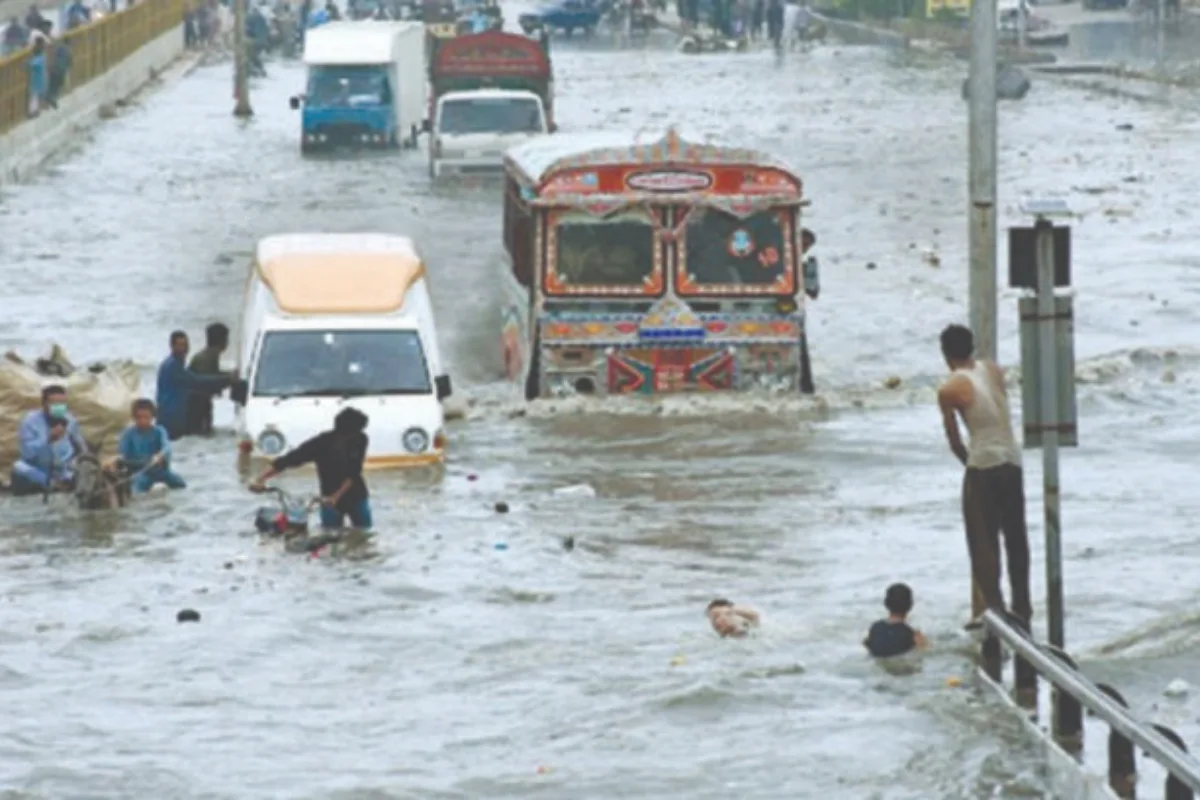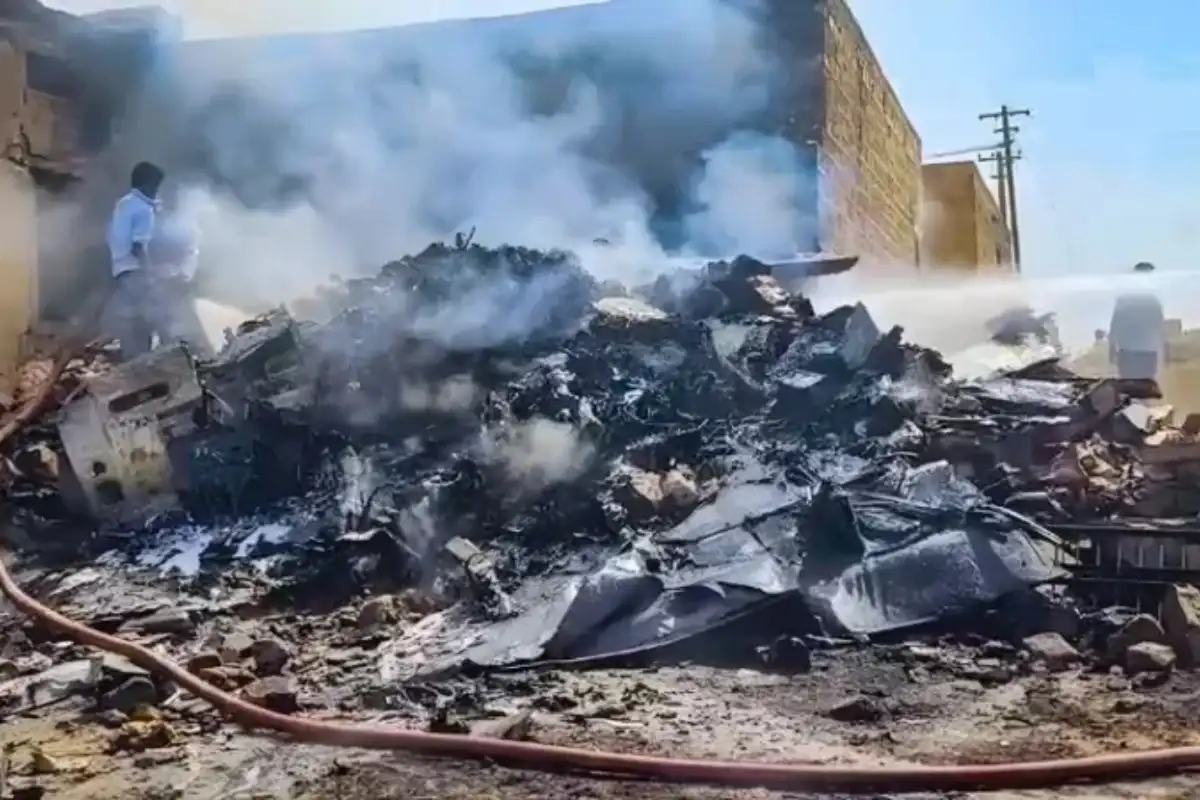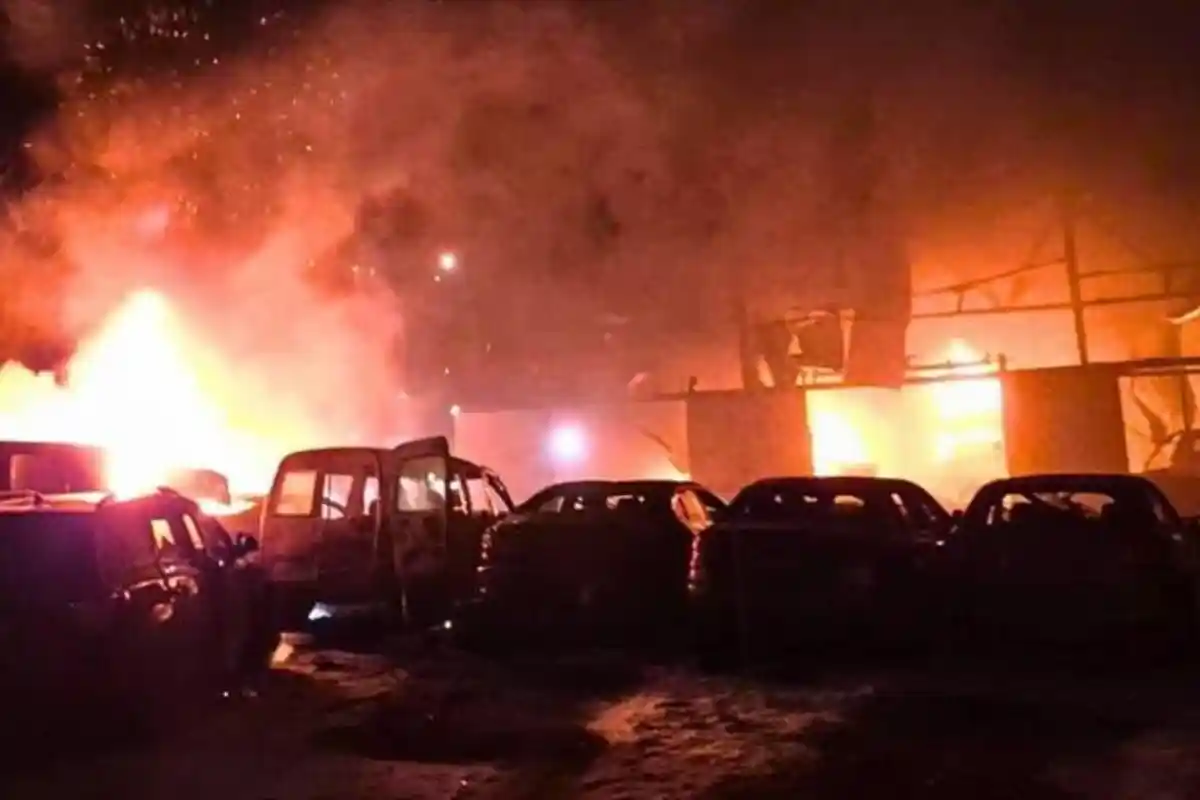Urban Flooding: Dangers, Health Risks, Safety Tips

Urban Flooding: Dangers, Health Risks, Safety Tips
Catch all the Pakistan News, Breaking News Event and Trending News Updates on GTV News
Join Our Whatsapp Channel GTV Whatsapp Official Channel to get the Daily News Update & Follow us on Google News.











